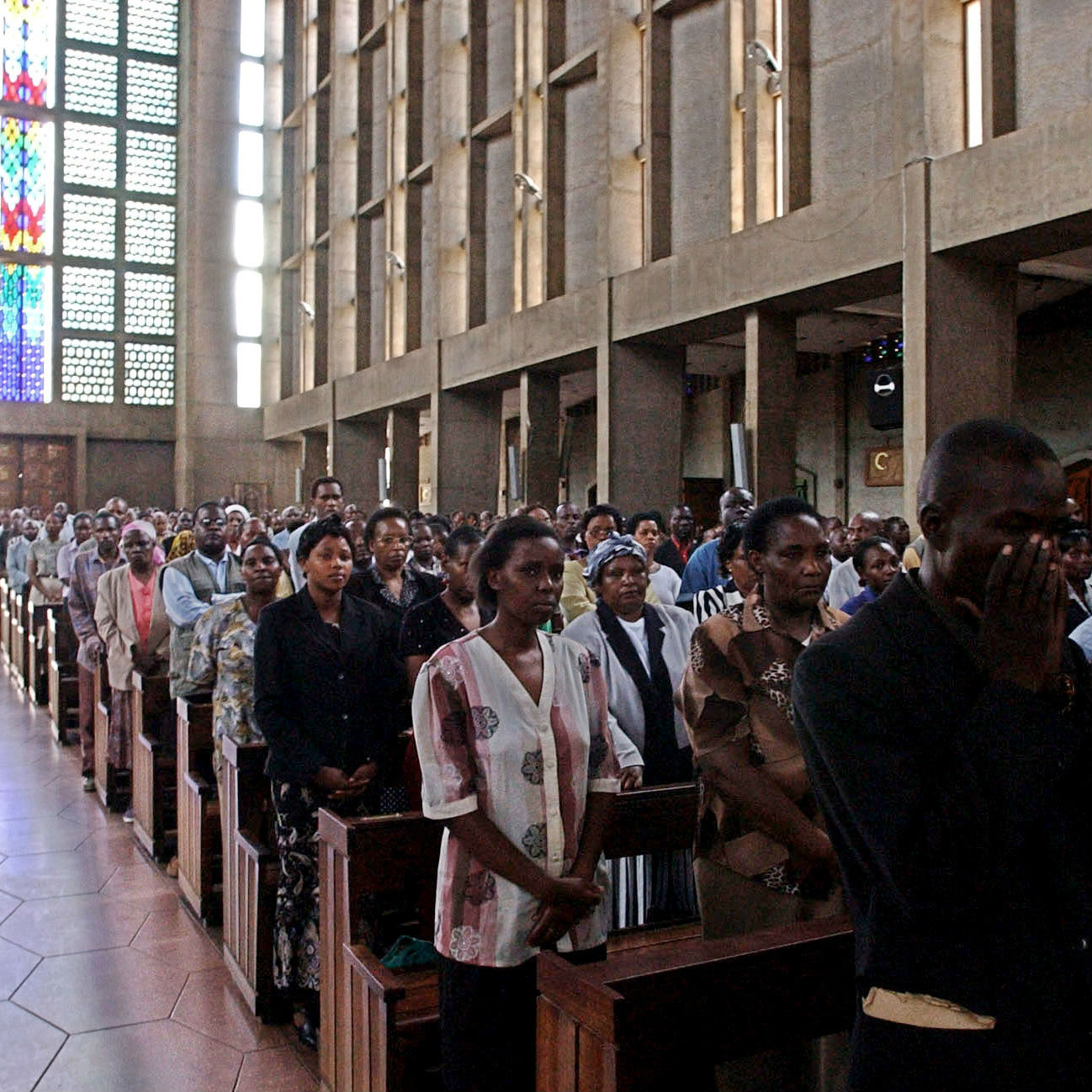Cafod, the Catholic overseas aid agency in England and Wales, is calling for a greater proportion of aid money to go directly to local partners during emergencies.
Speaking ahead of the World Humanitarian Summit in Istanbul Anne Street, Cafod’s Head of Humanitarian Policy, said: “In any natural disaster or emergency, it is these local partners who are first on the scene. Their members understand the local culture better than anyone else, and they will carry on when the foreign experts and the television cameras have departed.”
The amount of funding currently channelled directly to local partners by international humanitarian bodies is just 0.2 per cent, she said. Cafod is calling for this to be increased to 20 per cent by 2018.
Degan Ali, the Director of a Kenyan NGO, said local aid agencies were sidelined “in a grotesque way” in some of the recent humanitarian disasters, such as the earthquake in Nepal and the typhoon in the Philippines.
Cafod said part of the problem was that western aid agencies feel pressure to do everything themselves to gain publicity so that they can increase funding and grow their supporter base.
Cardinal Luis Antonio Tagle of Manila told the World Humanitarian Summit gathering that included German Chancellor Angela Merkel: "Part of giving faith-based organisations a bigger role is to recognise that people must become agents of the rebuilding of their lives and not be made to feel simply like beneficiaries of the goodness of other people…the current humanitarian system of donors too often fails to recognise them."
Caritas Internationalis, a confederation of 165 Catholic relief, development and social service organisations, of which Cafod is a part, believes the current top-down approach to humanitarian response must be replaced by an investment in local action, strengthening grass-roots capacity and improving partnership and coordination.
The UN estimates that 130 million people - more than ever before - are in need of humanitarian aid around the world, but Humanitarian funding summits have come under fire recently as nations fail to follow up on financial pledges. Just a sixth of the funds pledged for victims of the Syrian conflict at a recent London summit have been committed, according to charity Concern Worldwide. This week’s meeting is calling for more funds for humanitarian aid and improvement in their distribution.
Leaders or delegates from 175 countries are attending the summit taking place today (24 May), which will produce non-binding commitments. The UK has sent International Development Secretary Justine Greening.




 Loading ...
Loading ...